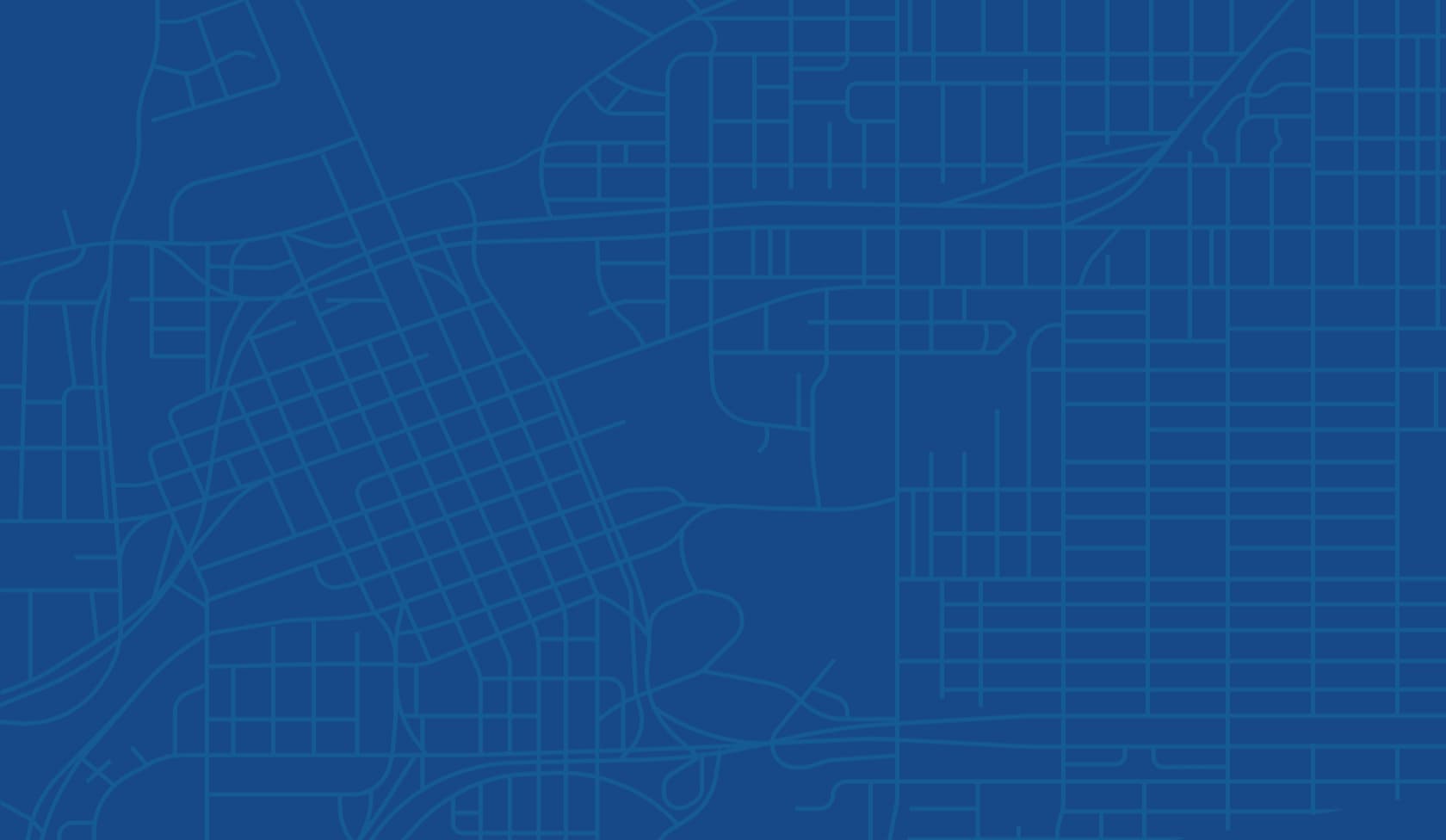🏠 Home Affordability Calculator
Enter your financial details to see how much house you can comfortably afford.
Monthly Payment Breakdown
Your Debt-to-Income Ratio
Enter your details above to see your DTI ratio.
Understanding Home Affordability in 2025
The question "how much house can I afford?" is more nuanced than simply looking at your paycheck. True affordability considers your complete financial picture: income stability, existing debts, savings, and long-term financial goals. In today's market, where median home prices exceed $410,000 and mortgage rates hover around 6%, getting this calculation right is essential to avoiding financial strain.
Many first-time buyers make the mistake of shopping at the top of their pre-approved loan amount. Just because a lender approves you for $400,000 doesn't mean that's what you should spend. Lenders evaluate risk based on ratios, not your grocery bills, vacation plans, or retirement contributions. Your personal comfort level should account for all of life's expenses.
💡 Key Insight
According to Realtor.com, the typical U.S. household would now need to spend about 44.6% of income to afford a median-priced home—far above the recommended 30% guideline. This highlights why understanding your personal affordability limits is more important than ever.
The 28/36 Rule: Your Financial Foundation
Financial experts and mortgage lenders rely on the 28/36 rule as a fundamental guideline for determining how much house you can afford. This two-part formula provides guardrails that help keep your housing costs sustainable.
The 28% Front-End Ratio
The first part of the rule states that your total monthly housing costs should not exceed 28% of your gross (pre-tax) monthly income. Housing costs include more than just your mortgage payment—you must factor in:
- Principal and interest on your mortgage loan
- Property taxes (varies significantly by location)
- Homeowners insurance premiums
- Private mortgage insurance (PMI) if your down payment is less than 20%
- HOA fees if applicable to your property
For example, if your household earns $7,000 per month before taxes, your total housing payment should stay at or below $1,960.
The 36% Back-End Ratio
The second part examines your total debt-to-income (DTI) ratio. All monthly debt payments—including housing, car loans, student loans, credit cards, and other obligations—should not exceed 36% of your gross monthly income. Using the same $7,000 income example, your total monthly debt payments should stay below $2,520.
What Counts as Debt
- Car payments and leases
- Student loan payments
- Minimum credit card payments
- Personal loan payments
- Child support or alimony
- Other recurring debt obligations
What Doesn't Count
- Utilities and phone bills
- Health insurance premiums
- Grocery expenses
- Childcare costs
- Entertainment subscriptions
- Retirement contributions
📊 Lender Flexibility
While the 28/36 rule is a widely accepted guideline, different loan types have different maximums. Fannie Mae's Desktop Underwriter can approve conventional loans with DTIs up to 50% for well-qualified borrowers. FHA loans allow up to 43% (or 57% with compensating factors), while VA loans focus more on residual income than strict DTI limits.
Hidden Costs of Homeownership
Your mortgage payment represents just one piece of the homeownership puzzle. Many buyers, especially first-timers, underestimate the true cost of owning a home. Failing to budget for these expenses can leave you house-poor—asset-rich but cash-strapped.
Ongoing Maintenance and Repairs
A common rule of thumb suggests setting aside 1% of your home's value annually for maintenance and repairs. For a $400,000 home, that translates to $4,000 per year or roughly $333 per month. Older homes or properties with deferred maintenance may require even more.
Regular maintenance includes HVAC servicing, gutter cleaning, roof inspections, appliance repairs, landscaping, and pest control. Major expenses like roof replacement, HVAC systems, or water heater failures can cost thousands of dollars with little warning.
Closing Costs
Closing costs typically range from 2% to 5% of your loan amount and are due at the time of purchase. On a $350,000 loan, expect to pay between $7,000 and $17,500. These costs cover lender fees, title insurance, appraisal, inspections, and various administrative expenses. While some costs are negotiable and seller concessions are possible in certain markets, budgeting for the full amount ensures you're prepared.
| Cost Category | Typical Range | Notes |
|---|---|---|
| Loan Origination | 0.5% - 1% of loan | Negotiable with lender |
| Appraisal Fee | $300 - $500 | Required by lender |
| Title Insurance | $500 - $2,000 | Varies by state and price |
| Home Inspection | $300 - $600 | Highly recommended |
| Property Taxes (Prepaid) | 2-8 months | Depends on closing date |
| Homeowners Insurance | 1 year premium | Required at closing |
Know Your Budget? Find Your Perfect Home
Once you've determined how much house you can afford, the next step is finding a top-performing agent who knows your local market inside and out. EffectiveAgents matches you with vetted Realtors® based on actual performance data—not advertising dollars.
Find a Top Agent Near YouDown Payment Strategies
Your down payment significantly impacts both your buying power and your monthly payment. While the traditional 20% down payment avoids private mortgage insurance (PMI), many buyers successfully purchase homes with far less upfront.
Down Payment Options by Loan Type
| Loan Type | Minimum Down | Best For |
|---|---|---|
| Conventional | 3% - 5% | Buyers with good credit (620+) |
| FHA | 3.5% | First-time buyers, lower credit scores |
| VA | 0% | Veterans and active military |
| USDA | 0% | Rural and suburban buyers |
PMI Considerations
If you put down less than 20%, you'll typically pay private mortgage insurance. PMI usually costs between 0.3% and 1.5% of the original loan amount annually. On a $350,000 loan, that could add $87 to $437 per month. The good news: for conventional loans, you can request PMI removal once you reach 20% equity, and it automatically cancels at 22%.
When deciding on your down payment amount, consider your first-time homebuyer assistance programs that may be available in your state. Many programs offer down payment grants or low-interest loans to qualified buyers.
Income Requirements for Today's Market
Understanding what income you need to afford various home prices helps set realistic expectations. The following estimates assume a 30-year fixed mortgage at current rates around 6.25%, with 20% down and the 28% housing ratio guideline.
| Home Price | Down Payment (20%) | Est. Monthly Payment* | Required Annual Income |
|---|---|---|---|
| $300,000 | $60,000 | ~$1,850 | $79,300 |
| $400,000 | $80,000 | ~$2,470 | $105,800 |
| $500,000 | $100,000 | ~$3,085 | $132,200 |
| $600,000 | $120,000 | ~$3,700 | $158,600 |
| $750,000 | $150,000 | ~$4,625 | $198,200 |
*Includes estimated property taxes (1.1%) and insurance (0.4%)
Strategies to Increase Your Buying Power
If the numbers don't align with your homeownership goals, several strategies can help improve your affordability:
- Pay down existing debt. Reducing your monthly debt payments directly improves your DTI ratio. Even paying off a $300/month car payment could increase your home buying budget by $30,000 or more.
- Improve your credit score. A higher credit score qualifies you for better interest rates. Even a 0.5% rate reduction on a $350,000 loan saves over $35,000 in interest over 30 years—and lowers your monthly payment.
- Increase your down payment. A larger down payment reduces your loan amount, lowering your monthly payment and potentially eliminating PMI. Consider delaying your purchase to save more.
- Consider a 15-year mortgage. While monthly payments are higher, you'll pay significantly less interest overall and build equity faster. Current 15-year rates average around 5.51%—nearly 0.75% lower than 30-year rates.
- Explore all loan options. FHA, VA, and USDA loans offer competitive rates and flexible requirements that may work better for your situation. A knowledgeable loan officer can help identify the best fit.
- Look at different neighborhoods. Working with a knowledgeable local Realtor® can help you identify up-and-coming areas where your budget stretches further without sacrificing quality of life.
Get Matched With Top-Performing Agents
A skilled buyer's agent can help you navigate today's competitive market, negotiate effectively, and find properties that maximize your budget. EffectiveAgents connects you with agents based on verified performance data from over 50,000 transactions.
Get Your Agent MatchGetting Pre-Approved: The Essential First Step
Before you start touring homes, getting pre-approved for a mortgage is crucial. Pre-approval involves a lender reviewing your finances and providing a letter stating how much they're willing to lend you. This differs from pre-qualification, which is a quick estimate based on self-reported information.
Why Pre-Approval Matters
- Know your true budget. Pre-approval gives you a concrete number based on verified financial information, not estimates.
- Shop with confidence. You'll know exactly what you can afford before falling in love with a home outside your budget.
- Strengthen your offers. Sellers take pre-approved buyers more seriously. In competitive markets, it can make the difference between winning and losing a home.
- Speed up closing. Much of the documentation is already completed, potentially shortening your closing timeline.
Documents Needed for Pre-Approval
Income Verification
- Recent pay stubs (30 days)
- W-2 forms (2 years)
- Tax returns (2 years)
- Proof of additional income
Asset Documentation
- Bank statements (2-3 months)
- Investment account statements
- Gift letter (if applicable)
- Proof of down payment source
Learn more about the process in our comprehensive guide to getting pre-approved for a mortgage.
Final Considerations Before You Buy
Before committing to a home purchase, take time to evaluate these important factors:
🏦 Emergency Fund First
Financial advisors recommend maintaining 3-6 months of living expenses in savings before buying a home. This protects you from unexpected job loss, medical emergencies, or major home repairs. Don't drain your savings to maximize your down payment.
Questions to Ask Yourself
- Can I afford the payment if interest rates rise (for ARM loans)?
- Will my income remain stable for the foreseeable future?
- Am I planning to stay in this area for at least 3-5 years?
- Have I accounted for lifestyle expenses beyond housing?
- Do I have reserves for inevitable repairs and maintenance?
- Am I emotionally ready for the responsibilities of homeownership?
Set Your Budget and Find Your Perfect Home
Determining how much house you can afford requires honest assessment of your complete financial picture. The 28/36 rule provides a solid foundation, but your personal comfort level—accounting for lifestyle, savings goals, and risk tolerance—should guide your final budget. Use the calculator above to get started, then take the time to explore all your financing options.
Once you've established your budget, the next step is finding the right home with the help of an experienced agent. A top-performing Realtor® understands local market dynamics, can identify properties that maximize your budget, and negotiates effectively on your behalf.
Ready to Start Your Home Search?
EffectiveAgents uses data-driven matching to connect you with top-performing Realtors® in your area. Our vetted agents have helped clients save over $2.1 billion and maintain a 98% satisfaction rate. Get matched today—it's free and there's no obligation.
Find Your Perfect Agent

